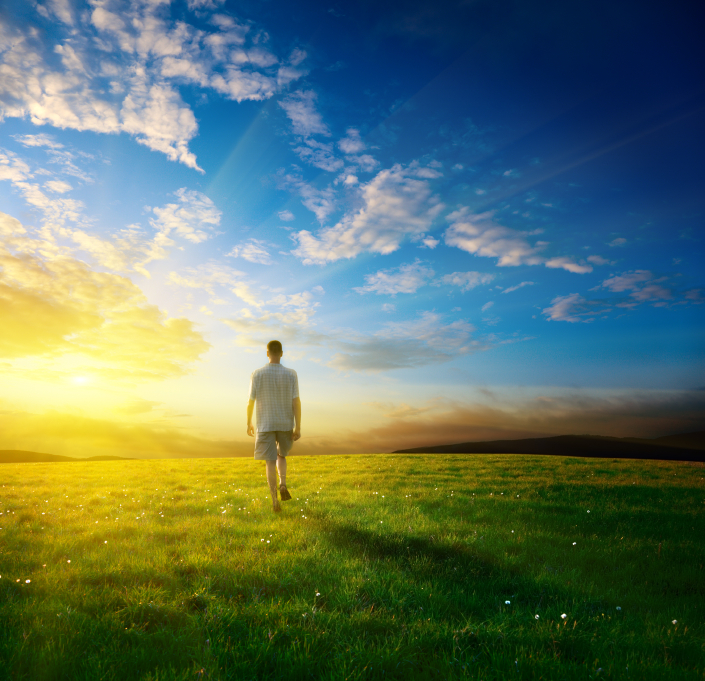Allegheny College recently became the first college or university in Pennsylvania — and the eighth in the United States — to achieve carbon neutrality.
In 2010, Allegheny set a goal of achieving carbon neutrality by 2020 as part of their climate action plan.
What does it mean to be a carbon-neutral institution?
First it reduces its operational carbon footprint and then balances remaining emissions by investing in projects that will remove an equal amount of carbon from the atmosphere.
How did they accomplish this?
• Reducing emissions through efficiency retrofits, system and behavior changes, and sustainable construction and renovation. The college has increased its energy efficiency by 19.2 percent during the last decade, even as the square footage of campus buildings expanded. Reducing energy consumption has led to significant cost savings for Allegheny.
• Decarbonizing energy sources by shifting from fossil fuel to alternative energy sources. Allegheny has installed geothermal heating and cooling systems in four buildings. In addition, photovoltaic arrays on campus generate 8,500 kilowatt-hours annually, and all electricity purchased by the college comes from wind-generated sources.
• Offsetting remaining emissions by investing in projects that prevent or remove an equivalent amount of carbon from the atmosphere. Through increased efficiency, the college not only has realized budget savings each year but also has been able to purchase offsets from its existing energy budget without allocating additional funds.
Carbon neutrality efforts demonstrate urgent climate action to reduce the concentration of climate-changing gases in the atmosphere dramatically, said Allegheny Director of Sustainability Kelly Boulton.
“Achieving carbon neutrality reflects more than a decade of effort to enhance efficiency in our operations, engage students in our research and action, and build collaborations with partners,” she said. “Carbon neutrality is not the end goal but rather another moment of progress in our continued efforts to be a sustainable and resilient campus and community member.”
https://sites.allegheny.edu/news/2020/04/14/allegheny-college-becomes-first-college-in-pennsylvania-eighth-in-nation-to-achieve-carbon-neutrality
 PERC NEWS
PERC NEWS